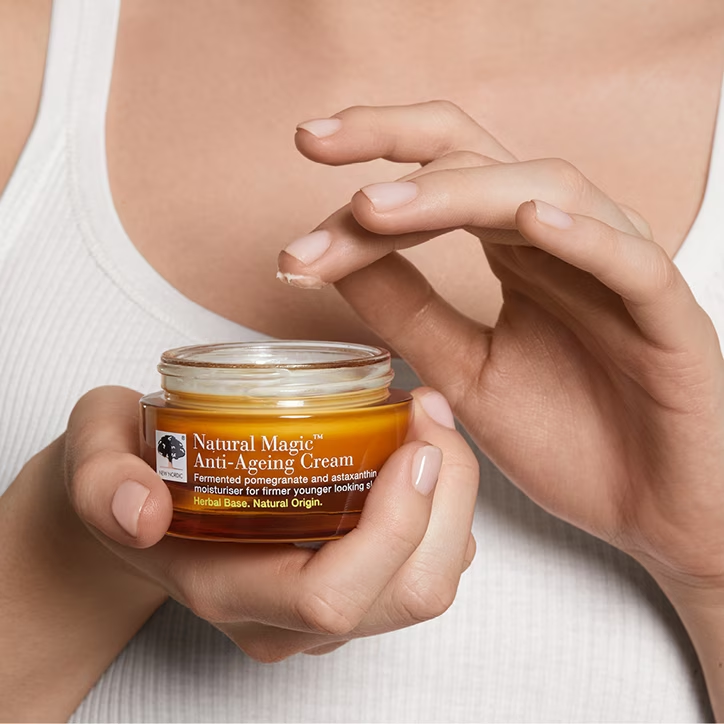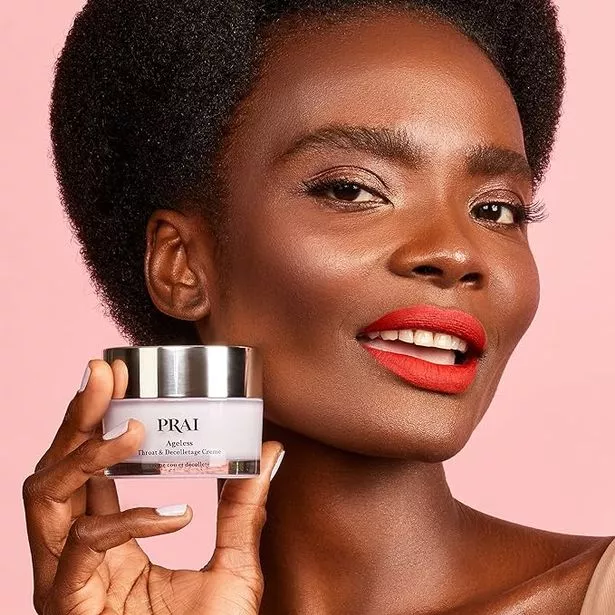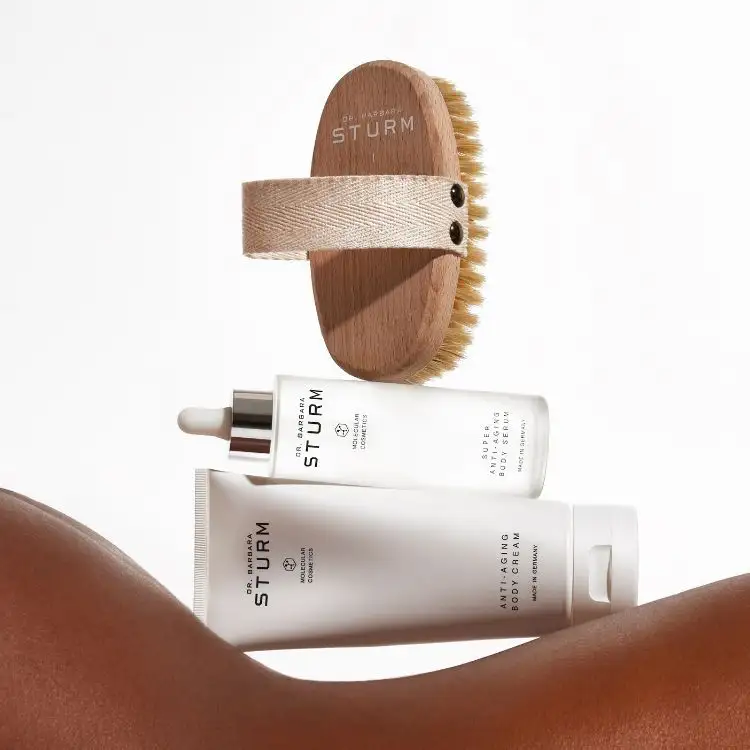
Effective Anti Aging Creams Featuring Retinol
Introduction to Retinol and Its Anti-Aging Benefits
Retinol, a vitamin A derivative, stands at the forefront of anti-aging ingredients. Hailed for its rejuvenating properties, retinol boosts skin renewal. It encourages collagen production, reducing the appearance of fine lines and wrinkles. When infused in an anti aging cream with retinol, it can significantly improve skin texture. It brings firmness back, giving you a youthful glow.
Regular use of retinol-based products can fade age spots and even out skin tone. Retinol combats photoaging, fighting the negative effects of sun damage. Its exfoliating capacity helps unclog pores, which reduces acne and makes skin smoother. However, it’s crucial to start slow with retinol creams. They can be potent, especially to sensitive skin. Begin with lower concentrations and monitor your skin’s reaction.
An effective anti aging cream with retinol gets to work as you sleep. Nighttime is ideal for retinol use due to its sensitivity to sunlight. Always complement daytime with a high SPF sunscreen to protect your skin. Remember, patience is key with retinol treatments. Aim for long-term results, as benefits build over time with consistent use.

Key Ingredients to Look for in Anti-Aging Creams with Retinol
When shopping for an anti aging cream with retinol, certain key ingredients boost its efficacy. Look for these components in your skincare to ensure optimal results.
Hyaluronic Acid
This powerful moisturizer helps retain water in the skin. It plumps and hydrates, reducing the look of lines.
Peptides
Small protein fragments, called peptides, support skin firmness. They signal your skin to make more collagen.
Antioxidants
Vitamins C and E are antioxidants that protect skin. They fight free radicals that age skin prematurely.
Ceramides
Ceramides strengthen your skin’s barrier. This keeps moisture in and irritants out for a softer feel.
Niacinamide
Also known as vitamin B3, niacinamide soothes the skin. It improves tone and lessens redness and discoloration.
By choosing an anti aging cream with retinol and these ingredients, you’re investing in comprehensive skin care. Together, they tackle wrinkles, dryness, and loss of firmness. It’s not just about choosing any retinol cream; it’s about finding one that’s packed with the right stuff. These ingredients combined can take your anti-aging routine to the next level.

How to Choose the Right Retinol Cream for Your Skin Type
Selecting the ideal anti aging cream with retinol involves understanding your skin type. Here’s how to choose a cream that aligns with your specific needs:
- For Oily Skin: Opt for a light-textured, gel-based cream. These usually help manage oil and prevent clogged pores.
- For Dry Skin: Look for creams that are rich in emollients and hydrating agents. These help in boosting hydration and prevent flaking.
- For Sensitive Skin: Seek out creams with lower retinol concentrations. Fragrance-free and hypoallergenic options are ideal.
- For Combination Skin: Choose a balanced formula that addresses both oiliness and dry areas appropriately.
Always patch test a new product to gauge your skin’s reaction. Begin with a small amount and observe how your skin responds before fully incorporating it into your routine.
The Best Anti-Aging Creams with Retinol on the Market
Choosing the best anti aging cream with retinol can be tricky. There are many options available, each promising remarkable results. To help simplify your search, here are some top products you should consider.
Neutrogena Rapid Wrinkle Repair
This popular cream includes retinol and hyaluronic acid. It works fast to reduce wrinkles and improve skin texture. Ideal for daily use, it suits all skin types.
Olay Regenerist Retinol 24 Night Moisturizer
Olay’s night cream offers deep hydration while you sleep. Its blend of retinol and vitamin B3 rejuvenates tired skin and helps combat fine lines.
RoC Retinol Correxion Deep Wrinkle Night Cream
RoC’s formula is known for its potency. It targets deep wrinkles while nourishing the skin, making it a good choice for mature skin types.
L’Oréal Paris Revitalift Anti-Wrinkle + Firming Night Cream
Combining Pro-Retinol A and Stimuplex, this cream firms the skin and reduces wrinkles. It’s non-greasy and absorbs quickly.
When selecting an anti aging cream with retinol, it’s crucial to look at the concentration of retinol. Higher concentrations are more powerful but can irritate sensitive skin. Always start with a patch test to ensure compatibility with your skin. With the right product, you can achieve noticeable improvements in your skin’s appearance and texture.

Proper Application of Retinol Creams for Maximum Benefit
To gain the most from your anti aging cream with retinol, proper application is vital. Here’s a step-by-step guide to ensure you’re using your cream correctly:
- Start with a Clean Face: Always apply retinol cream to a freshly cleansed face. This ensures optimal absorption.
- Use a Small Amount: A pea-sized amount is enough – retinol is potent, so a little goes a long way.
- Apply Gently: Smooth the cream onto your face using gentle, upward strokes. This avoids pulling the skin unnecessarily.
- Don’t Overdo It: Stick to using the cream just once a day, preferably before bedtime, since retinol is sensitive to sunlight.
- Moisturize After: Once your skin absorbs the retinol cream, follow up with a moisturizer to lock in hydration.
- Apply Sunscreen in the Morning: If you use retinol at night, apply a broad-spectrum sunscreen in the morning to protect your skin.
- Be Consistent: For best results, use your anti aging cream with retinol consistently as part of your skincare routine.
Remember, when you start using retinol creams, your skin might need time to adjust. Initial reactions such as redness or flaking are common, so give your skin time. If irritation continues, consider consulting a dermatologist or lowering the frequency of application. The important thing is to be patient and persistent for those youthful, glowing results.
Understanding the Potential Side Effects of Retinol Use
Retinol creams are powerful, but they can cause side effects. Understanding these helps you use retinol safely. Here are common side effects and tips on how to manage them:
Common Side Effects
When you start with an anti aging cream with retinol, your skin may react. Expect some redness, peeling, and dryness. These effects are typical as your skin gets used to retinol.
Skin Irritation and Sensitivity
Some may feel a burning or stinging sensation. If your skin is sensitive, it could become more irritable. Use a lower concentration if irritation occurs.
Increased Sun Sensitivity
Retinol makes your skin more prone to sunburn. Always apply a high SPF sunscreen during the day, even in winter.
Tips for Managing Side Effects
To reduce side effects, start with small amounts. Use retinol every other night and increase as your skin adjusts. Hydrate well with a quality moisturizer after applying retinol. If side effects persist, consult a dermatologist.
By knowing these side effects, you can take steps to minimize them. Your skin’s health is a priority when using any anti aging cream with retinol.

Combining Retinol with Other Skincare Ingredients
Incorporating retinol into your skincare routine involves more than just applying the cream. Combining it with other skincare ingredients can enhance its effectiveness. However, it’s crucial to know which ingredients work well with retinol and which to avoid.
Compatible Ingredients:
- Hyaluronic Acid: This moisturizer helps improve hydration and can ease the side effects of retinol.
- Vitamin C: Using this antioxidant in the morning can brighten your skin as retinol works overnight.
- SPF Sunscreen: Sunscreen is a must-have when using retinol due to increased sun sensitivity.
- Peptides: These boost collagen production and work well with retinol’s anti-aging properties.
Ingredients to Avoid:
- Benzoyl Peroxide: It can deactivate retinol, making it less effective.
- AHA/BHA Acids: These Exfoliating acids can irritate the skin when paired with retinol.
Start with lower concentrations of retinol and slowly incorporate these additional ingredients. Always monitor how your skin reacts as you adjust your routine.
Frequently Asked Questions About Retinol Anti-Aging Creams
When incorporating an anti aging cream with retinol into your skincare routine, questions often arise. Here we address some common queries:
How Often Should I Apply a Retinol Cream?
Start with using retinol creams about two to three times a week. Gradually increase frequency as your skin tolerates it.
Can Retinol Creams Be Used Around the Eyes?
Retinol can be used around the eyes, but cautiously. Choose creams specifically designed for the delicate eye area.
How Long Before I See Results from Retinol?
Expect to see changes within four to six weeks. However, significant results often take several months.
Is Retinol Safe for All Skin Types?
Most skin types can handle retinol if used properly. Nonetheless, sensitive skin may require specialized formulations.
What Is the Best Time to Apply Retinol Creams?
Apply retinol creams at night, as retinol is sensitive to sunlight. This optimizes the cream’s efficacy.
Can I Use Moisturizer with Retinol Cream?
Yes, apply a moisturizer after the retinol cream to hydrate your skin and reduce potential irritation.
Will Retinol Make My Skin More Sensitive to the Sun?
Retinol can increase sun sensitivity. Always wear sunscreen with a high SPF during the day.
Remember, when starting with an anti aging cream with retinol, patience is crucial. It takes time for skin to renew and for results to be visible. Listen to your skin’s needs and adjust usage accordingly to minimize any potential side effects.

